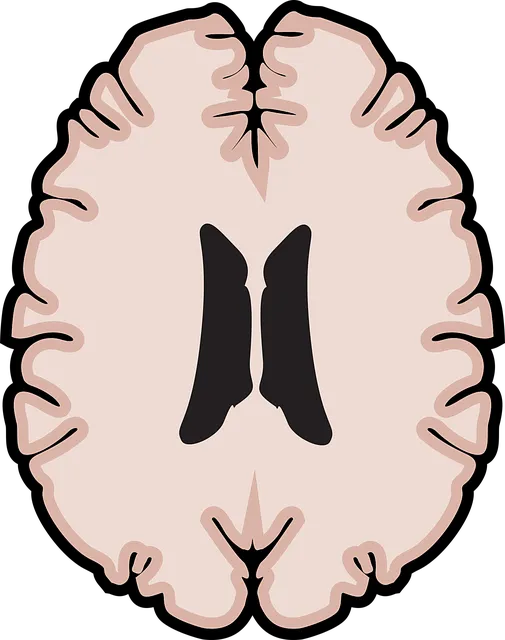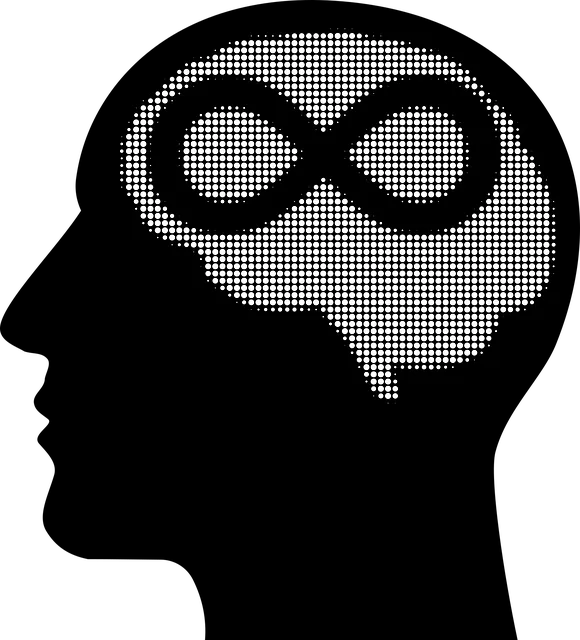Kaiser, a leading healthcare provider in Castle Rock, is revolutionizing mental health care through innovative digital apps offering personalized therapy, mood tracking, and real-time consultations. Their comprehensive programs aim to destigmatize mental illness, promote emotional well-being, and provide accessible options like depression prevention, counseling, and support groups led by licensed professionals. User-centric design focuses on tailored features, intuitive interfaces, and engaging content to help individuals manage anxiety, practice mindfulness, reduce stress, and take control of their mental wellness. Kaiser's digital solutions represent a promising step towards better access to mental health services in Castle Rock and beyond.
In today’s digital age, mental wellness app development has emerged as a crucial tool for addressing growing mental health concerns. With a focus on accessibility and personalized support, these applications play a vital role in supplementing traditional services. This article explores the burgeoning demand for mental wellness apps, highlighting key features and functionality essential for effective design. We examine Kaiser’s role in mental health services through a case study, focusing on their offerings in Castle Rock, and emphasize user-centric design strategies for engaging solutions.
- Understanding the Need for Mental Wellness Apps
- Key Features and Functionality in Mental Health App Development
- Kaiser's Role in Mental Health Services: A Case Study
- Designing User-Centric Mental Wellness Solutions
Understanding the Need for Mental Wellness Apps

In today’s fast-paced world, mental wellness is a growing concern for many, and the demand for accessible support has never been higher. This need is especially evident in communities like Castle Rock, where individuals often face challenges navigating traditional mental health services. Kaiser, known for its comprehensive healthcare offerings, recognizes this gap and has started to explore innovative solutions through digital platforms. By developing mental wellness apps, they aim to provide convenient and personalized care, ensuring that people can access support whenever and wherever needed.
These apps cater to a wide range of issues, from stress management and anxiety relief to trauma support services and the development of inner strength. They offer a discrete and often more affordable alternative to traditional therapy, filling a significant gap in mental health resources available to folks in areas like Castle Rock. With an increasing focus on digital wellness solutions, these apps have the potential to revolutionize how individuals manage their mental health and foster a healthier, more resilient community.
Key Features and Functionality in Mental Health App Development

In the development of a mental wellness app, integrating key features designed to support users’ emotional well-being is paramount. Effective apps often incorporate personalized therapy sessions, mood tracking tools, and access to mental health professionals for real-time consultations, much like the services offered by Kaiser in Castle Rock. These features enable users to monitor their mental state, receive tailored guidance, and connect with specialists when needed.
Beyond basic functionality, a robust mental health app should include components such as Mental Health Education Programs designed to equip users with coping mechanisms and knowledge about various mental health conditions. Additionally, Empathy Building Strategies within the app can foster understanding and promote supportive interactions among users. Furthermore, integrating features that facilitate Mental Health Policy Analysis and Advocacy can empower users to advocate for better mental health services at both local and national levels, potentially improving access to care.
Kaiser's Role in Mental Health Services: A Case Study

Kaiser, a prominent healthcare provider known for its comprehensive medical services, also plays a significant role in mental health support, particularly in areas like Castle Rock. The organization offers a wide array of mental wellness programs tailored to address various psychological needs. From depression prevention initiatives to community outreach program implementations, Kaiser aims to destigmatize mental illness and promote emotional intelligence among its patients and the wider community.
Through these services, Kaiser provides accessible therapy options, counseling, and support groups led by licensed professionals. Their approach integrates holistic wellness practices, emphasizing the connection between physical and mental health. By focusing on Depression Prevention and employing evidence-based strategies, Kaiser strives to equip individuals with tools for emotional resilience and overall well-being.
Designing User-Centric Mental Wellness Solutions

When developing a mental wellness app, a user-centric approach is paramount. It involves deeply understanding the unique needs and challenges of each individual user, particularly in the context of communities like Castle Rock where access to mental health services does Kaiser offer can vary. By incorporating features that cater to personalized goals, whether it’s managing anxiety through Compassion Cultivation Practices or finding solace in Mindfulness Meditation, apps can become powerful tools for self-care.
Designers should prioritize intuitive interfaces and engaging content to encourage consistent use. Incorporating Stress Reduction Methods within the app ecosystem not only enhances its therapeutic value but also fosters a sense of empowerment and agency among users. Through this tailored approach, mental wellness solutions become accessible and effective resources for individuals seeking support in their own terms.
Mental wellness apps have become essential tools for promoting and maintaining psychological well-being, especially in today’s fast-paced world. As demonstrated by Kaiser’s successful mental health services in Castle Rock, integrating user-centric designs and key features can significantly enhance their effectiveness. By focusing on accessibility, personalized experiences, and evidence-based practices, developers can create apps that cater to diverse needs. This approach ensures that individuals have access to supportive resources, enabling them to take control of their mental health journeys. With continued innovation, mental wellness apps have the potential to revolutionize care and improve overall well-being on a global scale.






